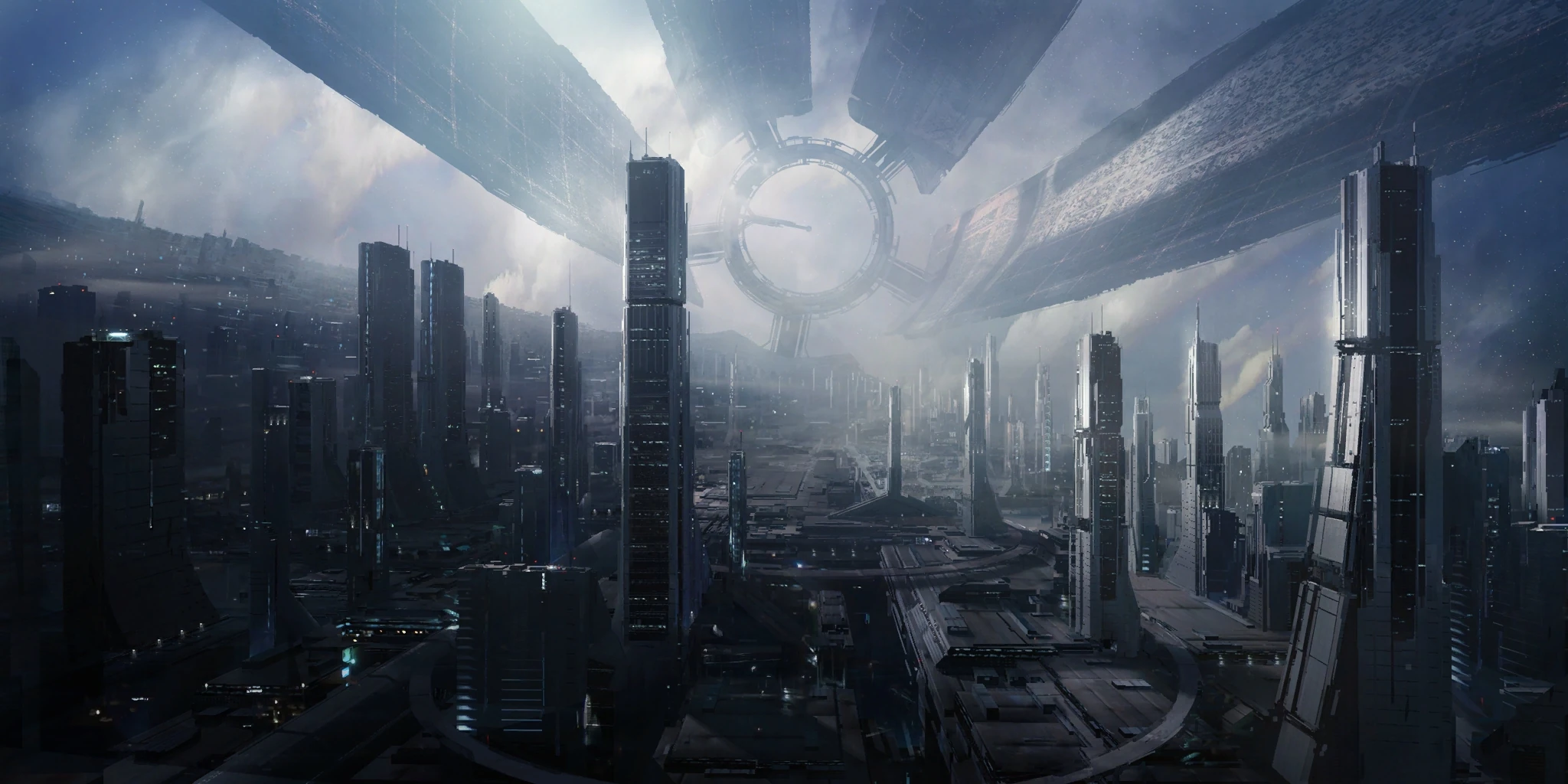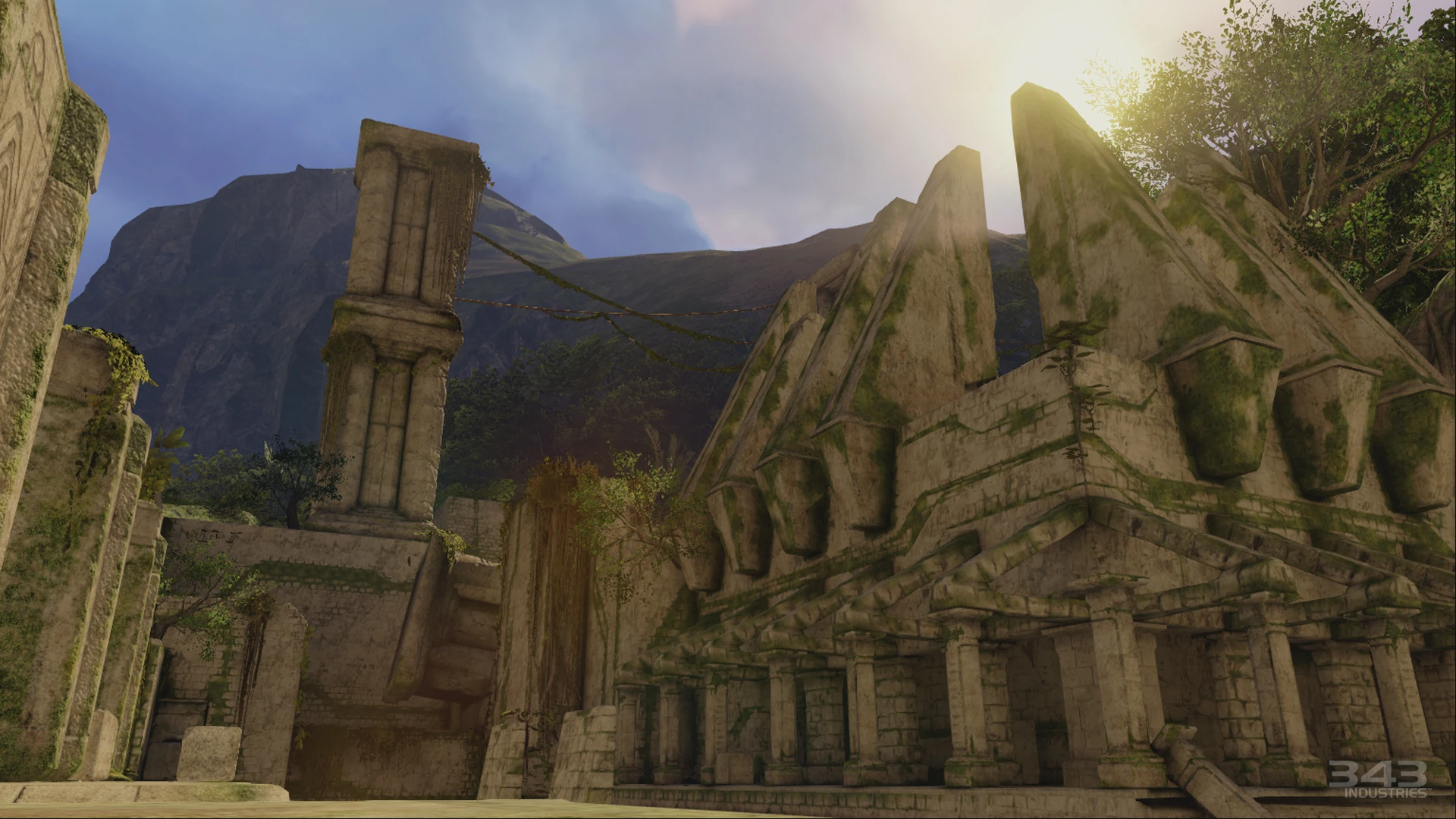Videogames are an amazing medium for creating different and immersive worlds. Books that attempt to create worlds slowly turn into encyclopedias that bore the audience, and, in the end, most of the details are still left up to the reader’s imagination. Movies get to show you the world in realistic detail, but don’t have enough time to truly flesh it out. Videogames mix the best of these two mediums when it comes to world building. The time constraints of movies are lifted but the world can still be brought to vivid life, and unlike those two mediums videogames can allow the player to explore the world that was created for them.

It’s no wonder that some of the most recognizable worlds in fiction belong to videogames. Worlds like that of Mass Effect, Halo, Warcraft, or Bioshock. These are worlds that the player can spend hundreds of hours in, and get to know on a more personal level than movie or book worlds. But many videogame storytellers tend to misunderstand the effects mystery can have on their worlds.

The main reason we explore these foreign worlds is because of the mystery that they provide. Players get a rush when they see a tall monolithic structure around the corner and don’t know why it’s there or what it does. When they get up close to it and see ancient alien language on it the mystery is only enhanced, but when the player’s companion AI walks up and translates the text the monolith that could have been anything in the player’s mind is now a giant weapon. Why does it always have to be a giant weapon?
Too often I see games that are more than willing to reveal the meaning behind every small detail of the world to the player without thinking about the consequences. Game worlds run on mystery. Without it the player wouldn’t feel the need to explore, and without exploration there isn’t much of a reason to set the game in another world to begin with.

To me the best videogame worlds are the ones that, for every one mystery they solve, they create two new mysteries. This encourages exploration and imagination from the player. Halo used to be good at this, but recently it has been very willing to reveal world elements that I feel were better off mysteries. Halo 4 reveals what the Forerunners look like, it even goes deep into the ancient race’s politics. To see that supposedly the greatest race in the history of the galaxy are essentially humans with no noses was disappointing to say the least.
What game world do you think handles mystery the best? Do you like seeing all the questions you have about a game world eventually answered, or do you like game worlds that are forever ambiguous?

I think the Souls series of games is also a good example of mysterious world building. It has a very complex lore put together in 5 games, but very little of it is simply given to the player. The environment that the main character travels through is usually full of hostiles, so there is not that much dialogue in the games. Even the dialogue available is very cryptic, giving away little about the way characters are connected in the games. This makes the game very entertaining from the exploration point of view. Every line in the game that appears to be irrelevant might as well be hinting to the past or future events, so it is fun to try and piece everything together. There is an entire video series on youtube surrounding the lore of Souls, where the creator analyzes different pieces of lore like characters, architecture, murals and other elements, in an attempt to put them together in different plausible ways.
I second the mention of Mass Effect for the amount of mystery that its lore contains. Things like Haestrom’s decaying sun, which is never to my knowledge addressed again after Tali’s recruitment mission in Mass Effect 2, could be interesting starting points for intriguing plot lines in the future is Bioware ever sets another Mass Effect in the milky way. I will admit to liking my Sci-Fi to have a more Star Trekian flavor, so the unexplained portions of the universe leave it open for future installments to have sections devoted to learning more about the world. One thing that I was always intrigued by was how did the original Shadow Broker, before Liara, become so powerful? This seems like it would be a great subplot in a prequel about the galaxy as the main character struggles against a growing and seemingly omniscient force, revealing more about the structure of the Mass Effect universe along the way.